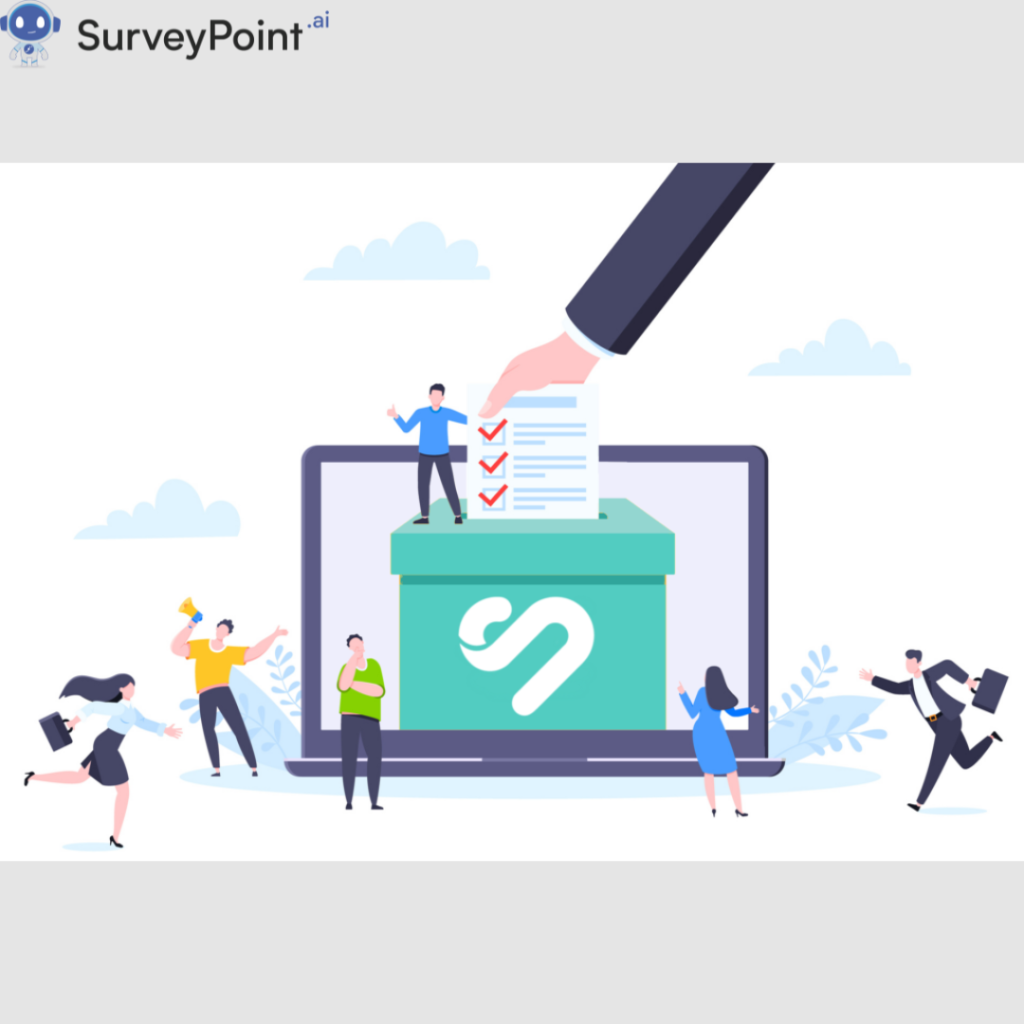
Landing a job at one of the Big 4 accounting firms—Deloitte, PwC, EY, and KPMG—is a dream for many aspiring professionals. These firms are renowned for their global reach, impressive client portfolios, and providing unmatched career opportunities. However, the hiring process is highly competitive and rigorous. To succeed, you need to prepare strategically and stand out from the crowd.
In this blog, we’ll walk you through the steps of the hiring process at Big 4 companies, offer tips on how to prepare, and give insights into what you can expect at each stage.
Step 1: Research the Company and Role
Before applying, it’s crucial to thoroughly research the company you’re targeting. While the Big 4 are similar in many ways, each firm has its own culture, values, and areas of specialization. You should:
- Understand the Firm’s Culture: Visit the firm’s website, read employee testimonials, and explore their social media pages to get a feel for their work culture and values. Aligning yourself with their core principles can help you craft a more targeted application.
- Know the Role: Make sure you fully understand the role you’re applying for. Whether it’s in audit, tax, consulting, or advisory, be familiar with the responsibilities and skills required for that position. Customize your resume and cover letter to highlight relevant experience.
- Research Industry Trends: Stay up-to-date with current trends in accounting, auditing, and consulting. Demonstrating awareness of industry developments can set you apart during interviews.
Step 2: Prepare an Impressive Resume and Cover Letter
Your resume and cover letter are the first impression you’ll make on the hiring team. Here’s how to craft them effectively:
- Tailor Your Resume: Highlight skills and experiences that align with the job description. Use keywords that appear in the job posting, as many companies use Applicant Tracking Systems (ATS) to filter applications. Showcase achievements in previous roles, using quantifiable results where possible (e.g., “Reduced audit discrepancies by 20%”).
- Write a Strong Cover Letter: In your cover letter, explain why you want to work at that specific firm and in that particular role. Share any relevant projects or experiences that demonstrate your fit. Focus on your strengths, but also convey enthusiasm for joining the team.
- Highlight Soft Skills: Big 4 companies are looking for well-rounded candidates. In addition to technical skills, emphasize your soft skills such as communication, teamwork, problem-solving, and leadership abilities.
Step 3: The Application Process
The Big 4 application process typically starts online, where you’ll submit your resume, cover letter, and other necessary details. Here are some things to keep in mind:
- Apply Early: Big 4 firms have strict application deadlines, especially for graduate and internship programs. Make sure to apply as early as possible, as early applicants might have a higher chance of being shortlisted.
- Network: Networking can be a huge advantage. Attend recruitment events, webinars, or career fairs where you can interact with current employees. A referral from someone already working at the firm can significantly increase your chances of landing an interview.
- Check for Campus Recruitment: Many Big 4 firms actively recruit from universities. If you’re a student or recent graduate, check if the firm visits your campus and participate in those recruitment programs.
Step 4: Acing the Aptitude Tests
After applying, most candidates are required to complete aptitude tests. These tests assess a variety of skills, including numerical reasoning, verbal reasoning, and sometimes logical reasoning.
- Numerical Reasoning: You’ll be tested on your ability to work with numbers, interpret data from tables and graphs, and solve quantitative problems. Practice common numerical reasoning problems beforehand to improve your speed and accuracy.
- Verbal Reasoning: This test evaluates your ability to understand written information and draw logical conclusions. It’s essential to practice reading comprehension exercises to become familiar with the type of questions asked.
- Psychometric and Behavioral Tests: In some cases, firms also include personality assessments to determine how well your work style fits with their organizational culture. Answer honestly, and don’t try to second-guess what you think they want to hear.
There are many online resources that offer sample aptitude tests. Practice as much as possible to improve your time management and problem-solving skills during these exams.
Step 5: Interview Preparation
If you pass the aptitude tests, you’ll be invited for one or more interviews. This stage typically involves two types of interviews: behavioral and technical.
Behavioral Interviews:
Big 4 companies place a strong emphasis on behavioral interviews, where they assess how you’ve handled past situations and how you’ll fit into their company culture. Commonly asked questions include:
- “Tell me about a time you faced a challenging situation at work and how you dealt with it.”
- “Describe a time when you had to work as part of a team. How did you ensure everyone worked together effectively?”
- “Can you give an example of a time when you had to meet a tight deadline?”
To ace these questions, use the STAR method (Situation, Task, Action, Result) to structure your answers. Be prepared to provide concrete examples from your previous experiences.
Technical Interviews:
In technical interviews, you’ll be tested on your domain knowledge, whether it’s in accounting, finance, consulting, or tax. Expect questions that challenge your problem-solving abilities and technical expertise. Sample questions might include:
- “How would you evaluate a company’s financial health using its balance sheet?”
- “Explain how changes in tax regulations can affect a multinational company.”
- “How do you handle audit risk in a high-stakes client engagement?”
If you’re applying for a specific department, such as audit or tax, review relevant concepts and be ready to apply your knowledge to hypothetical scenarios.
Step 6: Case Study or Group Exercise
In addition to interviews, you might be asked to participate in a case study or group exercise. These are designed to assess your problem-solving abilities, teamwork, and communication skills in real-world scenarios.
- Case Studies: You’ll be given a business problem and asked to analyze it, then present your findings and solutions. These exercises test your ability to think critically, analyze data, and articulate your ideas clearly. Practice case studies beforehand to improve your problem-solving speed.
- Group Exercises: In a group exercise, you’ll work with other candidates to solve a problem together. The assessors will observe how you interact with the team, manage conflict, and contribute to finding a solution. Focus on clear communication and collaboration—don’t try to dominate the group but ensure your ideas are heard.
Step 7: Final Round Interview with Partners
If you make it through the initial interviews, you’ll likely face a final round interview with a partner or senior executive. This interview focuses on whether you’re a good long-term fit for the company. The partner will evaluate your interpersonal skills, your understanding of the company’s values, and how you’ll contribute to the firm’s future success.
- Be Genuine: Partners want to see candidates who are authentic and passionate. Express your genuine interest in the firm and the role.
- Ask Insightful Questions: Demonstrate your knowledge by asking insightful questions about the firm’s strategy, culture, or future growth. This shows that you’ve done your research and are serious about the opportunity.
Final Tips to Succeed in the Big 4 Hiring Process
- Practice, Practice, Practice: Whether it’s aptitude tests, interviews, or case studies, practice as much as possible. Use online resources, mock tests, and feedback from peers to hone your skills.
- Stay Calm and Confident: The Big 4 recruitment process can be long and challenging, but maintaining confidence and composure is key. Even if you stumble during a test or interview, recover quickly and focus on the next stage.
- Build Your Network: Networking can make a significant difference. Connect with employees, alumni, or others in your field who have experience with Big 4 companies. Their insights can help you understand the culture and expectations better.
- Be Adaptable and Show Leadership: Big 4 firms look for candidates who are adaptable, quick learners, and have strong leadership potential. During interviews and group exercises, highlight experiences where you took initiative, adapted to changes, or led a team.
Conclusion: Preparing for Success
Clearing the hiring process at a Big 4 firm requires dedication, preparation, and strategic thinking. By understanding each step of the recruitment process, practicing consistently, and showcasing your skills and passion, you’ll stand out as a top candidate. While the competition is fierce, with the right mindset and preparation, landing a job at Deloitte, PwC, EY, or KPMG can become a reality. For more information checkout- surveypoint.ai




